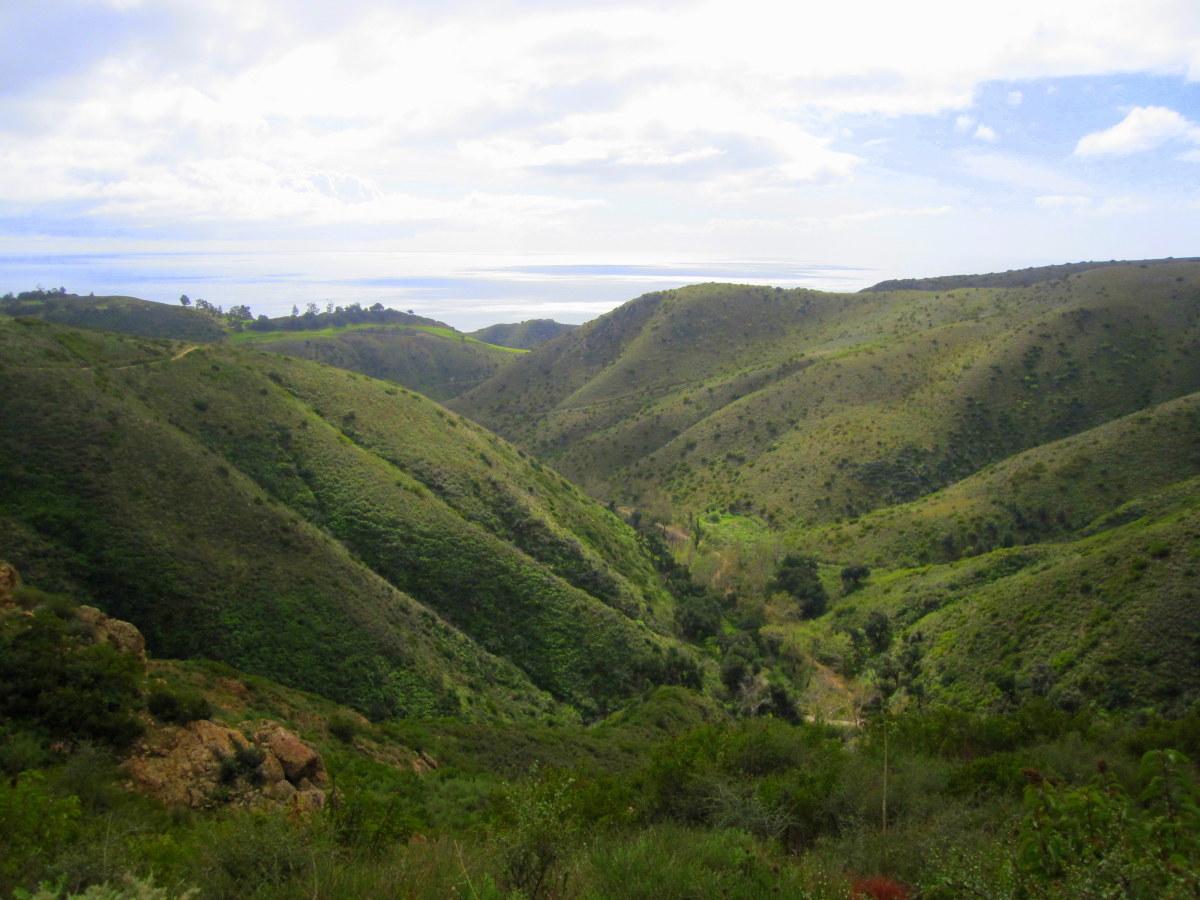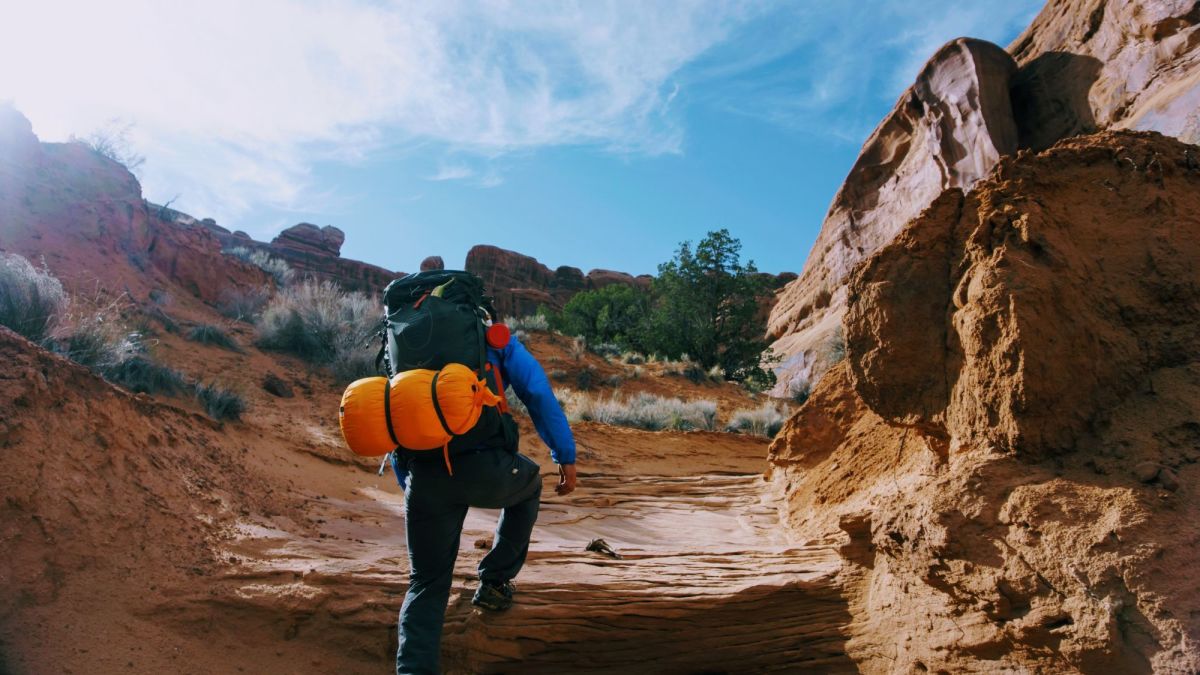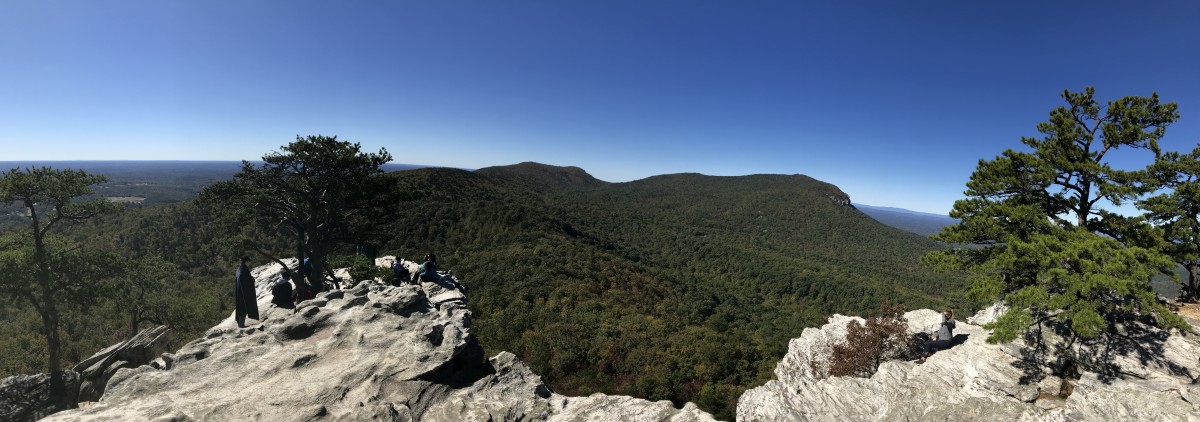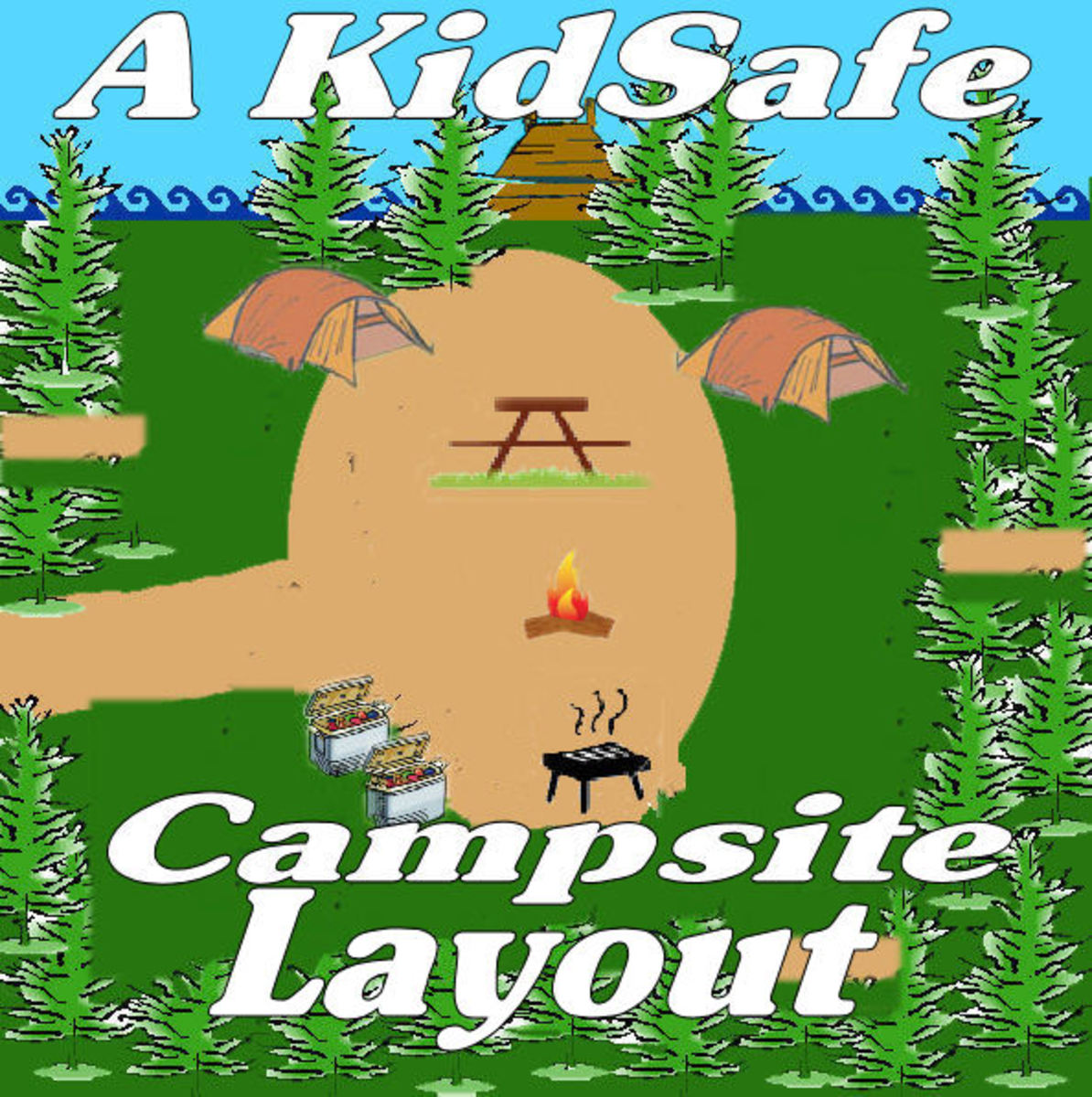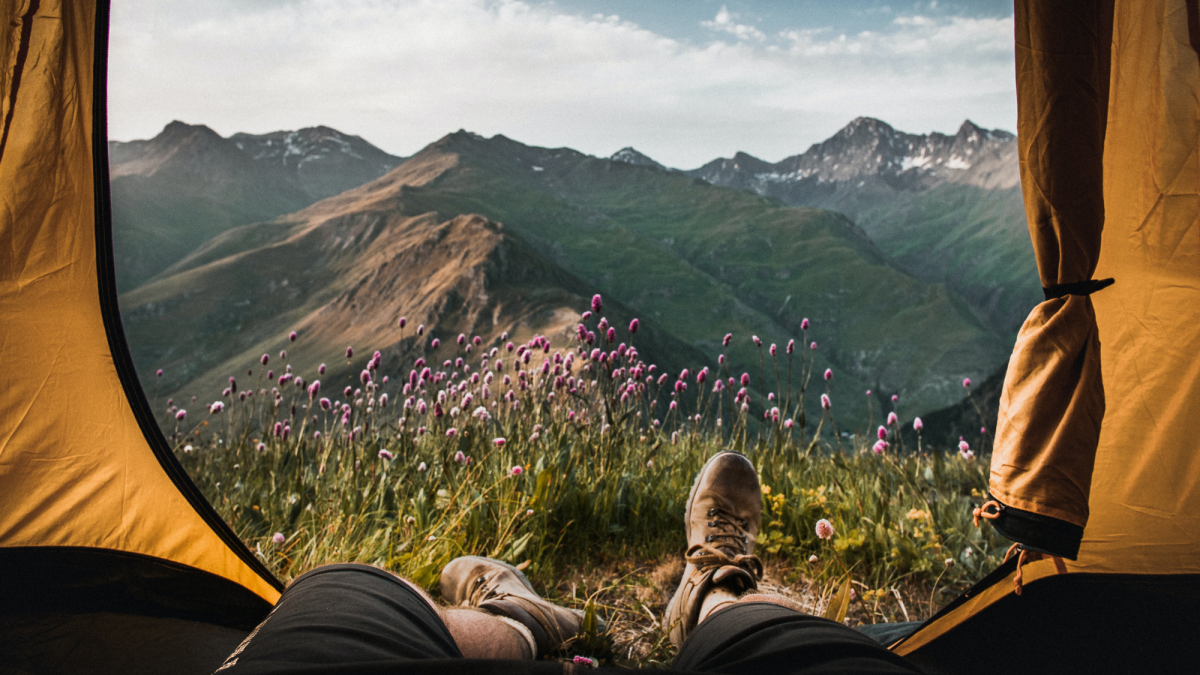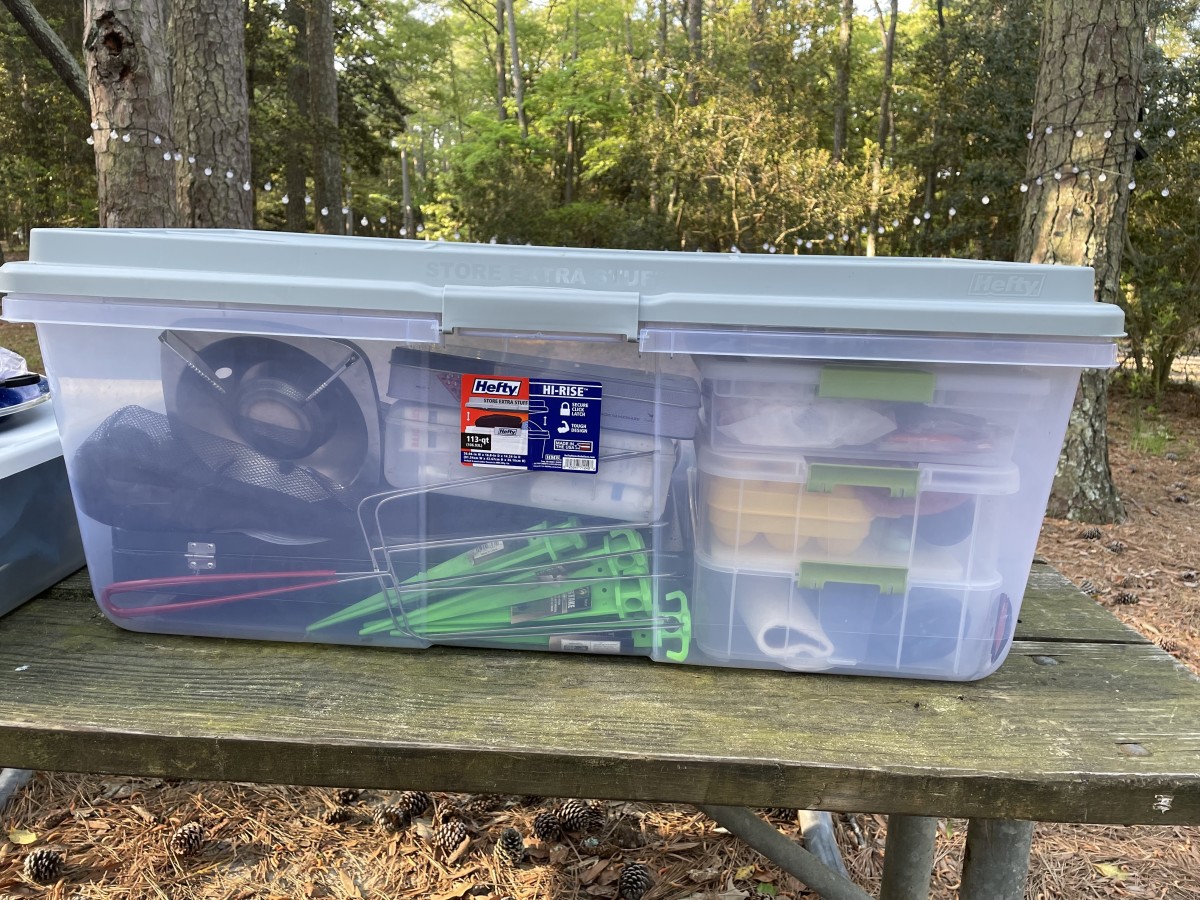Things you should know before going hiking
If you're interested in survival trips or even in usual hiking you probably know a lot already. There are many online guides and tips about what to wear, what gear you should take, what you should eat, how to build shelters or how to hunt. But there are some tips which might be crucial in critical situations and which are rarely, or never, mentioned in popular guides. Some things are simply too apparent, others aren't apparent enough and people tend to forget about them. Below I'll try to list some tips you might not know.
Cell phones
I suppose most of you don't have satellite phones and take normal cell phones when going outdoors. That's good, phone can be useful especially when one needs to call for help. The problem with phones is that they need energy to work. Energy comes from batteries. Batteries tend to exhaust. You see my point?
So remember: always recharge your cell phone batteries before going out. That's one thing. But it doesn't solve some other problems. Ok, but some may say "I'm going out only for couple of hours and I have charged my phone, what problems can I have?". Well, indeed todays batteries can keep our phone working for over a week. In normal conditions. Let's see what can shorten our batteries life time:
- low temperature
- lack of or weak signal - phone searching for signal consumes more energy
- humidity
- using the phone and running background applications (ie. GPS)
- breaking or losing the phone
Those factors can drain your battery really fast. So what you should do is take a second phone with you. You should keep it turned off, packed in tight waterproof container and, especially if there's cold outside, keep it under your cloth close to the body.
Flashlights
Same as with cell phones - always have two of them and at least two sets of fresh batteries (of course secured from water). You can never know for how long you will have to stay outside.
Water
I've covered most of water related info in my other hub: http://hubpages.com/hub/Water-survival-knowledge
What I didn't cover in it is water administration in cold weather. When it is cold outside, people tend not to feel thirst and drink water rarely. That's a mistake. You sweat under your cloth, but because of low temperature and cloth itself you don't feel it. In addition, water evaporates through your skin and with your each breath. Even if it's cold. In low temperature it's very easy to dehydrate. It's not far to an accident from here.
Alcohol
Probably most of you know that you should not drink it while in wilderness. But when it's cold, a lot of people like to have a hip flask of whiskey in their pocket, thinking it will warm them up. Wrong. Alcohol makes your blood vessels wider and makes you lose heat faster. So again: don't drink it.
Mountains
Seeing how often rescue teams have to rescue tourists in our mountains I suppose a lot of people are still unaware of mountains specific character. Even if it's hot, even if it's sunny and there are no clouds on the sky, even if you're going for a short walk, always, and I mean ALWAYS, pack warm clothes and waterproof jacket into your backpack. In mountains weather can change in minutes and suddenly, instead of sweating in heat, you might have to fight with extremely cold wind and rain, or even snow. Don't let yourself get caught with your guard down, be prepared for it.
The last tip, but I think the most important one, is: ALWAYS, BEFORE YOU GO HIKING, TELL SOMEONE WHERE ARE YOU GOING AND WHEN YOU'RE GOING TO COME BACK. Otherwise, if anything bad happens, no one will find you because no one will know where to search. What's more - no one will even know he should search for you. Make sure someone is notified, so if you're late, he could call help. Keep that in mind, especially in mountains.


